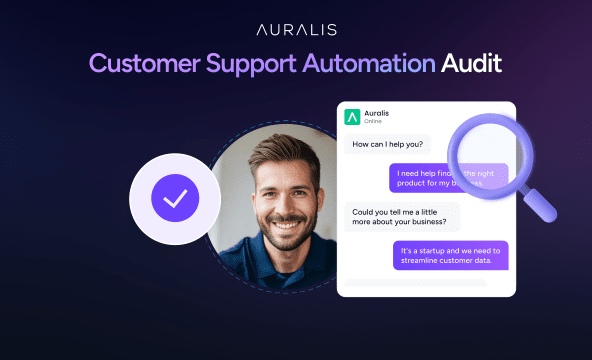Customer service audit checklist
A customer service audit checklist helps businesses evaluate their customer service operations and identify areas for improvement. One of the first areas to assess is response time and accessibility. It’s important to ensure that customer inquiries are addressed promptly across various channels, such as phone, email, chat, and social media. Customers should be able to reach support easily, and their issues should be addressed quickly, particularly for urgent matters.
Staff training and knowledge are another essential area. The audit should examine whether customer service agents have the necessary skills and knowledge to handle a wide range of customer issues. It’s crucial that they are well-trained, knowledgeable about the company’s products or services, and capable of resolving problems efficiently while maintaining a positive customer experience. Additionally, the clarity, tone, and professionalism of communication are important to evaluate. Customer service agents should communicate courteously and clearly in all interactions, ensuring a customer-first approach that fosters trust and satisfaction.
The effectiveness of issue resolution and follow-up processes should also be reviewed. The audit should focus on how efficiently customer issues are resolved, the quality of the solutions provided, and the follow-up communication that ensures the customer’s issue is fully addressed. Equally important is the evaluation of self-service options like FAQs and knowledge bases. These resources should be up-to-date, easy to use, and provide quick, helpful solutions for customers who prefer to solve issues independently.
Customer feedback and satisfaction should be regularly gathered and analyzed to understand customer needs and concerns. The audit should evaluate how feedback is collected, whether through surveys or direct reviews, and how businesses use this data to drive improvements. Consistency across channels is another key factor—businesses should ensure that the customer experience remains consistent whether customers reach out via email, live chat, or social media.
Reviewing the performance metrics and key performance indicators (KPIs) used to measure customer service effectiveness is crucial. These metrics might include response time, resolution time, customer satisfaction scores, and first contact resolution. Businesses should track these KPIs to understand how well they are meeting customer expectations. Additionally, evaluating the technology and tools used by customer service teams is important. Systems like CRM platforms, chatbots, and AI tools should be assessed to ensure they are enhancing efficiency and improving customer interactions.
Finally, the audit should ensure that customer service processes comply with relevant data protection and security regulations, such as GDPR or CCPA, especially when handling sensitive customer information. Ensuring secure communication channels and protecting customer privacy is essential for maintaining trust and compliance.
By conducting a thorough customer service audit, businesses can uncover weaknesses in their operations and make the necessary improvements to boost customer satisfaction, loyalty, and overall business performance.

- Articles
Customer support automation has become a must-have for businesses across industries. Whether you’re running a small business or an enterprise,
-
 Amy
Amy
- 7 min read
